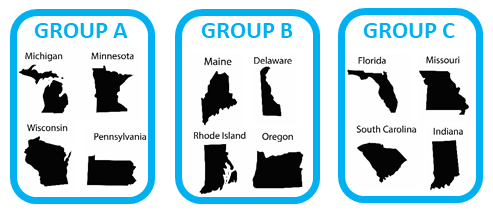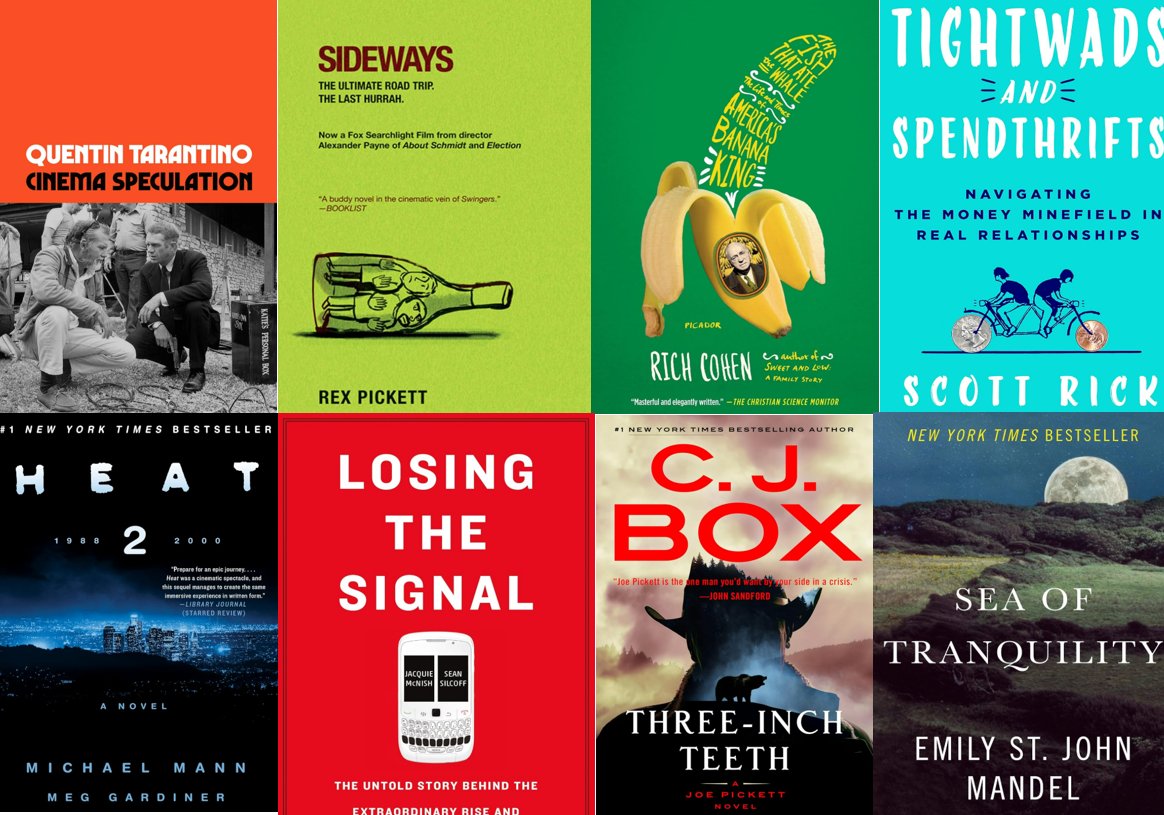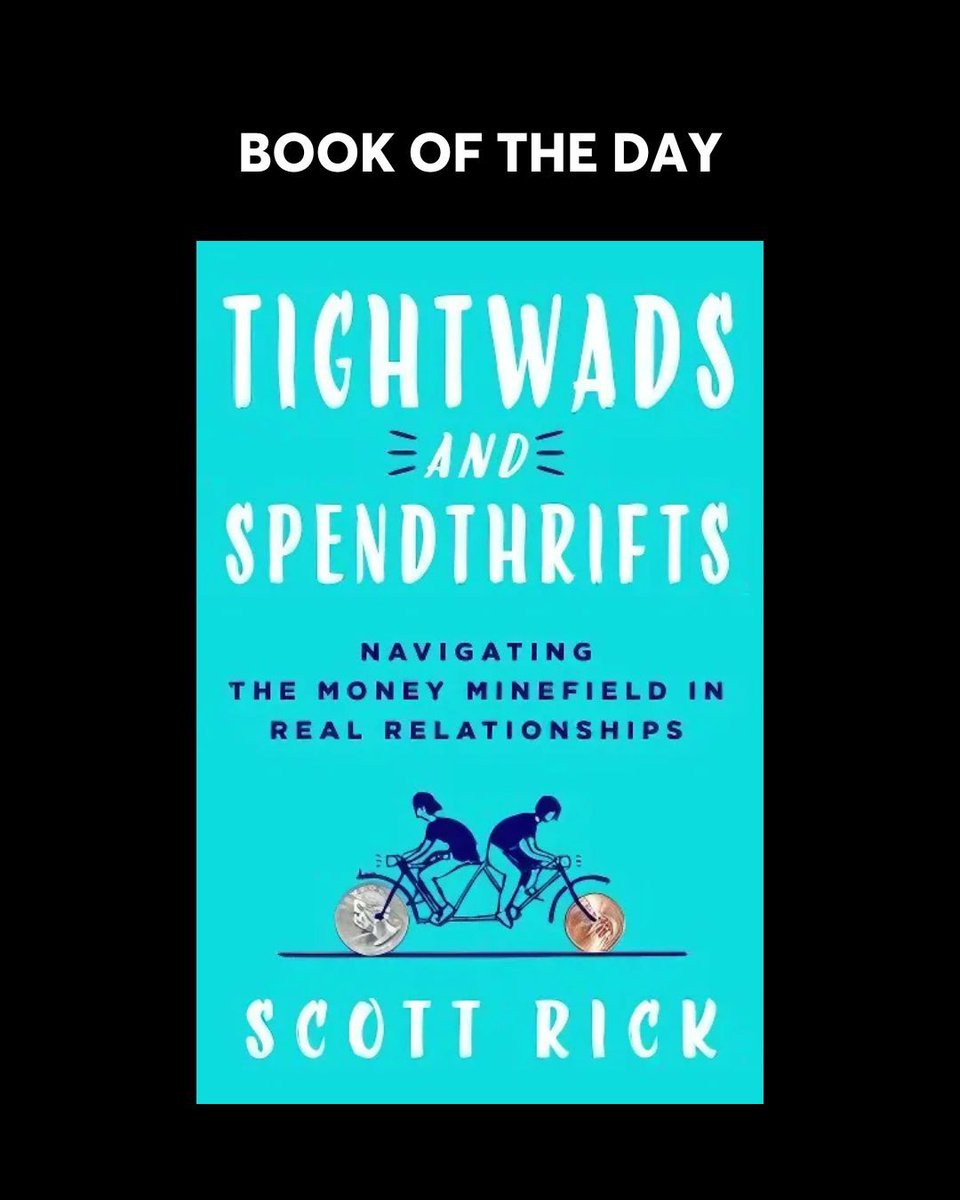
Scott Rick
@scottianrick
Behavioral scientist. Marketing professor @MichiganRoss. Author @StMartinsPress: TIGHTWADS AND SPENDTHRIFTS, available January 2024.
ID: 1310677754
https://us.macmillan.com/books/9781250280077 28-03-2013 13:51:51
408 Tweet
1,1K Followers
516 Following

In an article for CNN about "underconsumption core," a recent trend that challenges the need to buy new gadgets and products, Associate Prof. Scott Rick explains that retail therapy can make people feel better by giving them a sense of control. cnn.com/2024/09/07/eco…


Scott Rick, associate professor at Ross School of Business, spoke with CNN Business about "underconsumption core," a trend where influencers share items they've used for years and promote using just a small rotation of things rather than chasing the latest trend. myumi.ch/W5gnV





As the holiday #shopping season approaches its finish line, it's easy to get carried away. Scott Rick says we can help curb our spending—especially online—by setting up "speed bumps".


Happy Galentine's Day! 💗 Although Galentine’s is in its infancy compared to Valentine’s Day, it is not just “some crazy made-up holiday,” but rather is highlighting a want and need of consumers - #MichiganRoss Prof. Scott Rick crainsdetroit.com/restaurants/ga…

Nine out of 10 couples think they're on the same page as their spouse when it comes to money. In reality? Not so much. My latest for the The New York Times. H/t Ramit Sethi, Ryan Viktorin Fidelity Investments, Douglas A. Boneparth, Scott Rick, Marguerita Cheng BluOceanGlobalWealth & financial therapist Aja Evans

Recently, #MichiganRoss Prof. Scott Rick shared how parents might answer kids' questions about money with The New York Times: "it’s fine to admit you’re not an expert, you might say: 'I'd like to get a better handle on that myself. Can we look into it together?'" nytimes.com/2025/04/25/you…


Your Clients’ Biggest Risk is Spending Too Little | Ben with Benefits Ben Carlson sits down with Scott Rick, author of Tightwads & Spendthrifts to discuss why most financial advice ignores the emotional side of money, how your spending habits are shaped, why helping clients


There are 2 types of money problems: 1. People who spend too much 2. People who save too much I talked to Scott Rick about the psychology of spending and how financial advisors can help their clients enjoy their money: awealthofcommonsense.com/2025/06/the-tw…

The Two Types of Money People "For financial advisors, understanding the psychology of your clients is crucial when it comes to saving and spending money." buff.ly/hC3TQ79 by Ben Carlson


Research by Michigan Ross Professor Scott Rick was recently featured in MarketWatch, showing how shopping can function as a form of personal control. marketwatch.com/story/i-earn-9…


In The Wall Street Journal, Scott Rick says the 0.01% rule may ease guilt over small indulgences, though it could be abused. The rule states that you don’t need to stress about a purchase if the amount at stake is 0.01% or less of your net worth. wsj.com/personal-finan…




